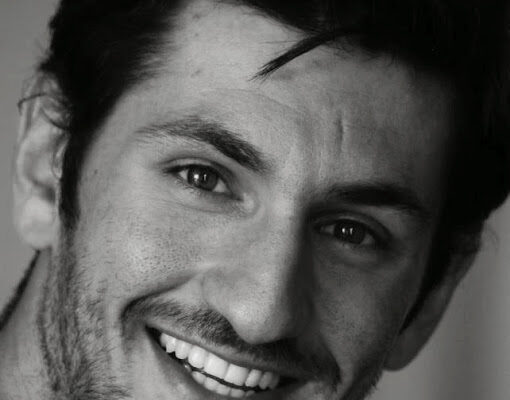
Conversations with a Syrian refugee: Meet Karam Yahya
We reached Karam Yahya, a young Syrian refugee who not very long ago made the dangerous jouney to Europe in search for a better life. Karam was also one of our key speakers during the 30th European Students’ Convention in Brussels. We tried to find out more about his story, including his motivations to join Europe and his hopes and fears.
1. Firstly, can you tell us a bit more about yourself? Where do you come from and when did you decide to come to Europe?
Karam Yahya, living in Berlin since July 2015 studying German language and volunteering with several refugee initiatives and organisational work. From Idlib, the north west of Syria, decided to come to the EU through Turkey last year after arriving from Amman – Jordan.
2. You worked as a Community Mobilizer in ActionAid. What was the day-to-day situation in the Zataari camp in Jordan and what was your role?
The situation in Zataari camp these days is more clear, as the people have settled, while in my time people were going in and out from Syria. In my first days there, 30% of the people were still living in tents, and 50% did not have electricity, while the situation now is different as most of them are staying in caravans and have electricity, but with very tough and dangerous conditions . The UNCHR is managing the camp with many other NGOs working inside for different sectors, education, water, health… During my stay there, not even the NGOs were well organised, because it was an emergency situation, while now things are more organized and with more clear programmes.
I was using the Human Rights Based Approach to form community groups to identify the needs and empower people to advocate for their rights, in addition to delivering sessions with refugees and host communities and building psycho-social support networks.
3. You have travelled from Jordan to Turkey to Greece by boat and continued your way through Macedonia, Serbia, Hungary and Austria to Germany. Can you tell us more about your trip to Europe?
The travel has many points to speak about, as a personal experience and at the same time as an observer all the way to Germany. From a personal view, the biggest difficulty was deciding when to travel, as I was on the road during winter. The journey is always filled with fears and hopes.The main motivation was to start a good life again, to find a place where I can enjoy an international experience. First I travelled from Amman to Istanbul, then by boat to Azmir. I later arriving in Bavaria then moved to Berlin. There were a lot of moves to reach better international learning chances.It was a journey between the past and future.
4. What do you think is the biggest challenge a Syrian refugee would face today in Europe?
There are many challenges a Syrian refugees can face in Europe today, because the people are coming from different cultural backgrounds.The cultural challenge will be the main one, I think, from learning the country language to becoming part of the society through work or study. Settling down is not easy, as the refugees are considered unemployed, so they will face difficulties in finding accommodation at the beginning. Crossing this first challenge of the past to a certain place in society will be the main challenge I think.
5. What are in your view the biggest obstacles a refugee may face when entering the higher education system in Europe?
The financial situation and learning the language were the main obstacles I knew about from friends, while I think the door is open in the European universities if the refugee is ready for it. For this, I think having preparation courses will be really helpful .
6. In Germany, more and more universities are waiving their tuition fees and providing financial assistance to help refugees become students, including providing free student passes for public transport, and given access to funds. Do you think these types of measures would help refugees better integrate in the host country?
This will be really helpful, as most of the students do not have another income. Students should concentrate on learning the host countries’ language first and on becoming familiar with the Standards of the European universities. The possibility of studying in Germany without a financial burden attached gives a strong motivation for youth to start their life again.
7. What would you like to transmit to people who are afraid that refugees will have a negative impact on their country’s socio-economic and cultural status?
I can say that humans have been moving since early history, and there were always people moving from a place to another and this is how the world evolved and how society grows. Helping the people and students will make a very good impact on a country’s socio-economic and cultural status.
8. What would you like to do in the future? What are your career plans?
For now, I am learning the German language and working for Berliner Stadtmission as a social worker, and my next step after the language course is to continue my masters, or to have an internship in Europe related to the refugee situation.
Many thanks for your time and for accepting our interview!
